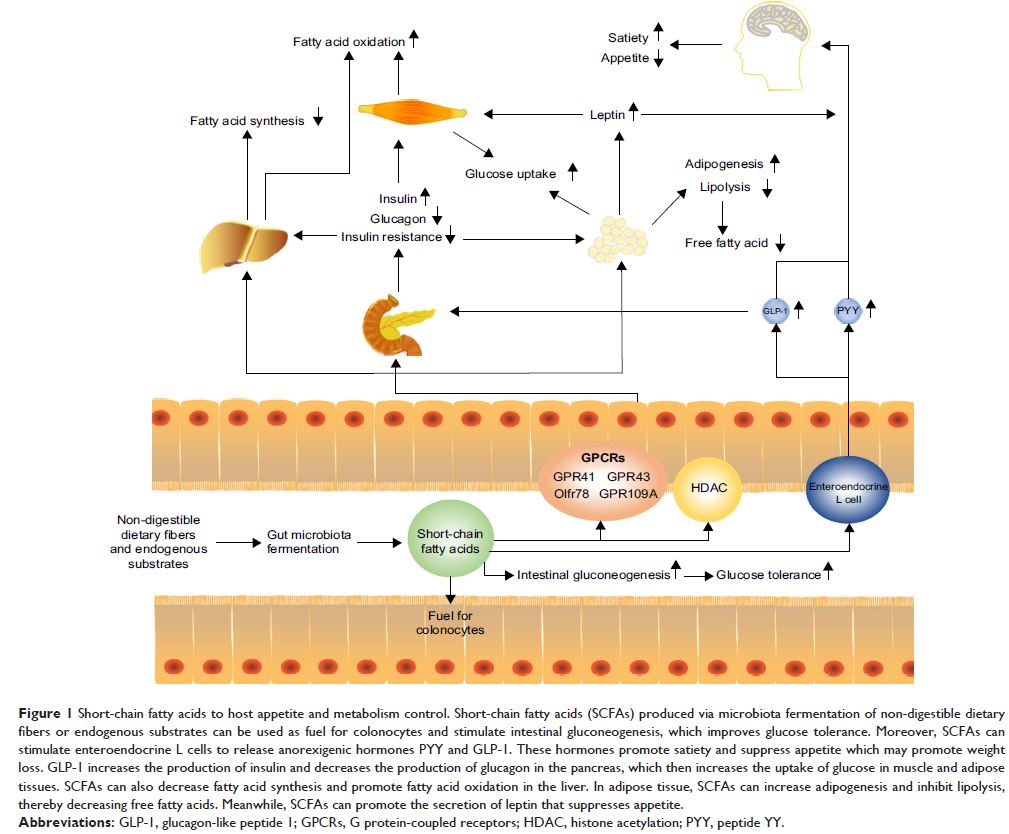108985
论文已发表
注册即可获取德孚的最新动态
IF 收录期刊
- 3.4 Breast Cancer (Dove Med Press)
- 3.2 Clin Epidemiol
- 2.6 Cancer Manag Res
- 2.9 Infect Drug Resist
- 3.7 Clin Interv Aging
- 5.1 Drug Des Dev Ther
- 3.1 Int J Chronic Obstr
- 6.6 Int J Nanomed
- 2.6 Int J Women's Health
- 2.9 Neuropsych Dis Treat
- 2.8 OncoTargets Ther
- 2.0 Patient Prefer Adher
- 2.2 Ther Clin Risk Manag
- 2.5 J Pain Res
- 3.0 Diabet Metab Synd Ob
- 3.2 Psychol Res Behav Ma
- 3.4 Nat Sci Sleep
- 1.8 Pharmgenomics Pers Med
- 2.0 Risk Manag Healthc Policy
- 4.1 J Inflamm Res
- 2.0 Int J Gen Med
- 3.4 J Hepatocell Carcinoma
- 3.0 J Asthma Allergy
- 2.2 Clin Cosmet Investig Dermatol
- 2.4 J Multidiscip Healthc

已发表论文
肠道微生物所产生的短链脂肪酸和肾脏疾病
Authors Li L, Ma L, Fu P
Received 5 September 2017
Accepted for publication 8 November 2017
Published 11 December 2017 Volume 2017:11 Pages 3531—3542
DOI https://doi.org/10.2147/DDDT.S150825
Checked for plagiarism Yes
Review by Single-blind
Peer reviewers approved by Dr Akshita Wason
Peer reviewer comments 2
Editor who approved publication: Dr Anastasios Lymperopoulos
Abstract: Gut microbiota and
its metabolites play pivotal roles in host physiology and pathology.
Short-chain fatty acids (SCFAs), as a group of metabolites, exert positive
regulatory effects on energy metabolism, hormone secretion, immune inflammation,
hypertension, and cancer. The functions of SCFAs are related to their
activation of transmembrane G protein-coupled receptors and their inhibition of
histone acetylation. Though controversial, growing evidence suggests that
SCFAs, which regulate inflammation, oxidative stress, and fibrosis, have been
involved in kidney disease through the activation of the gut–kidney axis;
however, the molecular relationship among gut microbiota–derived metabolites,
signaling pathways, and kidney disease remains to be elucidated. This review
will provide an overview of the physiology and functions of SCFAs in kidney
disease.
Keywords: gut microbiome, short-chain fatty acids, kidney diseases, gut–kidney axis
Keywords: gut microbiome, short-chain fatty acids, kidney diseases, gut–kidney axis
